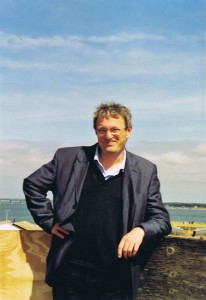Strade (italiano), 17 Juli 2017, Strade (english), 17 Juli 2017, VoxEurop (Deutsch), 4 September 2017, Vox Europ (polski), 15 września 2017
Viel, vielleicht zu viel, wird über eine europäische Armee geredet. Aber was genau wird damit gemeint? Mit dem gleichen Begriff verbinden sich augenscheinlich höchst unterschiedliche Konzepte. Geht es um eine einheitliche oder gemeinsame europäische Armee? Um eine intergouvernementale Armee oder eine, die unter die Autorität der europäischen Institutionen gestellt wird? Eine Armee, die aus Soldaten nationaler Armeen besteht, oder eine Armee europäischen Soldaten? Wie aufzuzeigen sein wird, führen unsere Antworten auf diese drei Fragen zu höchst unterschiedlichen Ergebnisse erzielen, unabhängig davon, ob wir über eine – eher unwahrscheinliche – Armee aller siebenundzwanzig Mitgliedstaaten der Europäischen Union oder um eine solche eines engeren Kreises von Mitgliedstaaten geht, welche gemäß Artikeln 42 und 46 des Vertrags von Lissabon ständige strukturierte Zusammenarbeit verschrieben haben. Lire la suite

